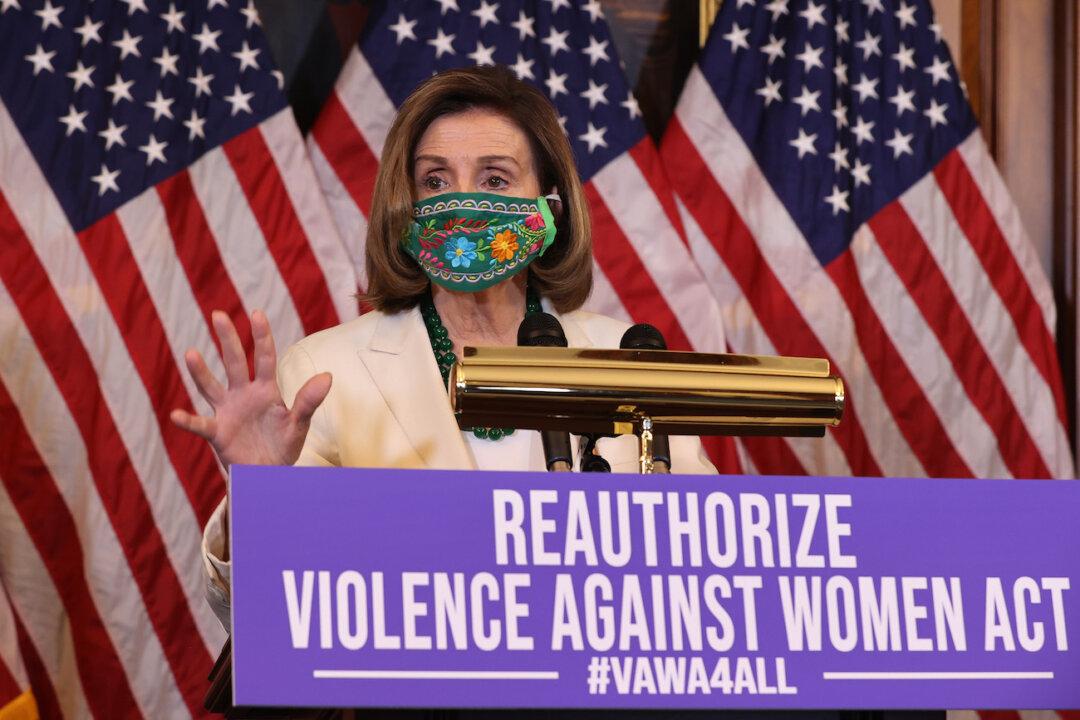The House of Representatives on March 17 passed the Violence Against Women Act (VAWA), a bill designed to protect women from domestic violence.
The bill passed the chamber by a vote of 244–172, with 29 Republicans joining Democrats.

The House of Representatives on March 17 passed the Violence Against Women Act (VAWA), a bill designed to protect women from domestic violence.
The bill passed the chamber by a vote of 244–172, with 29 Republicans joining Democrats.